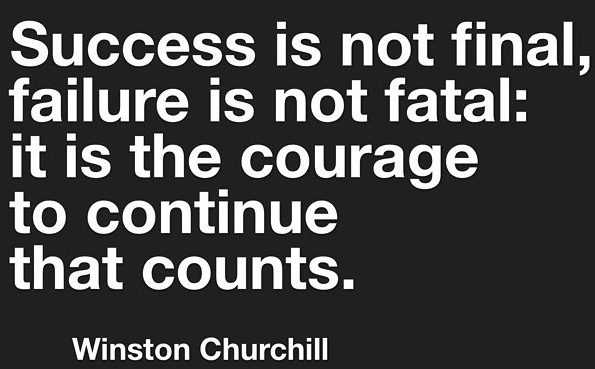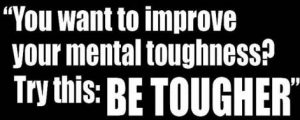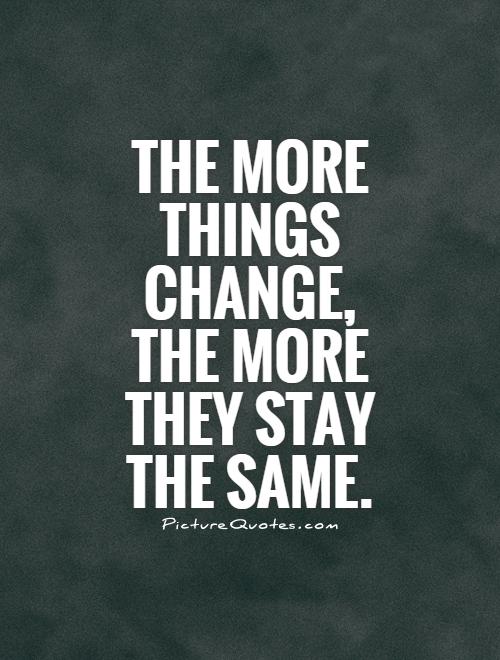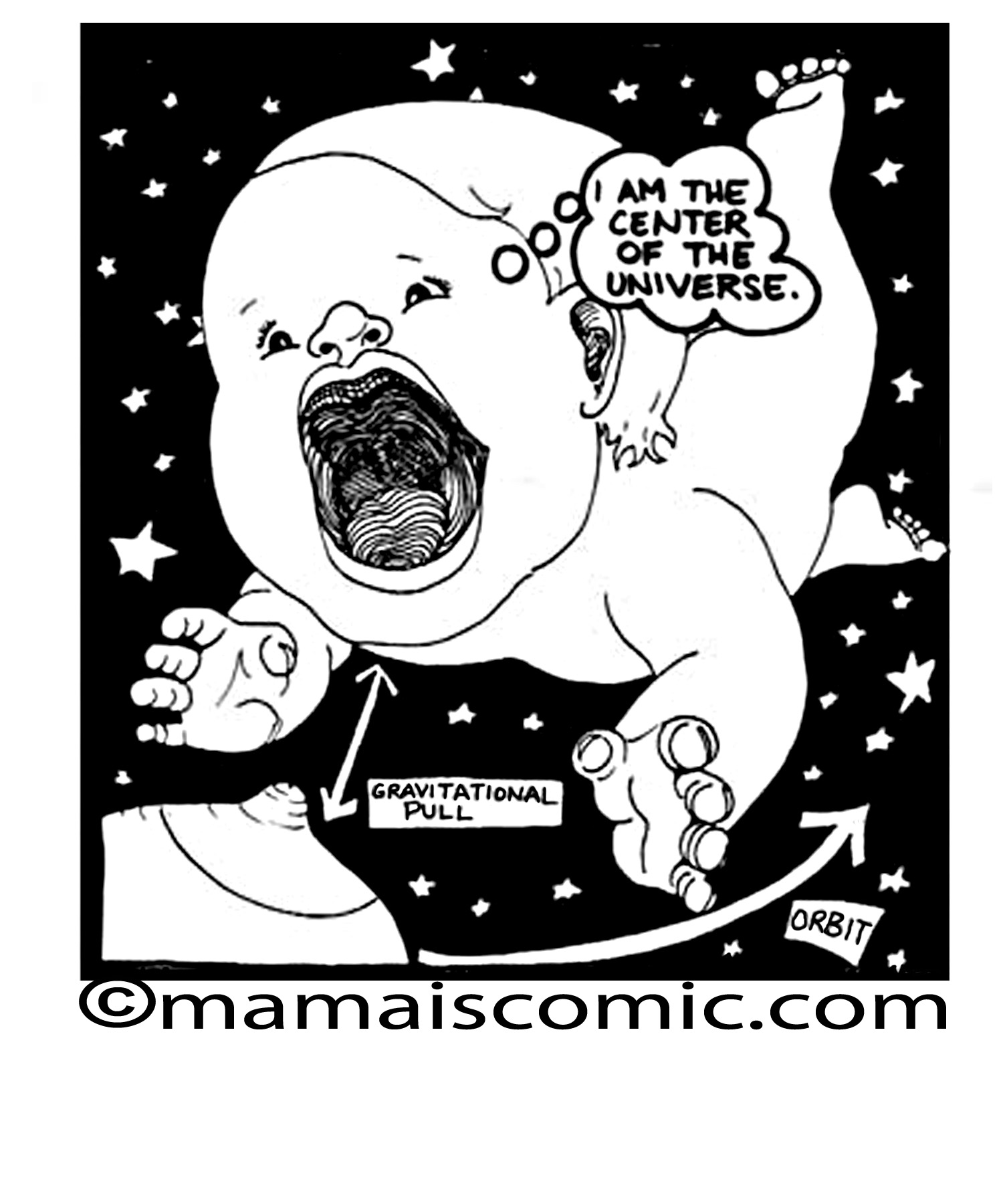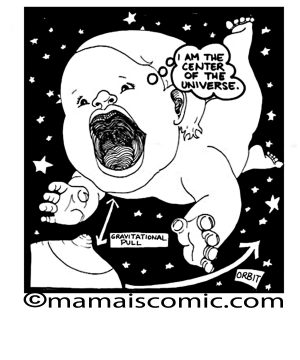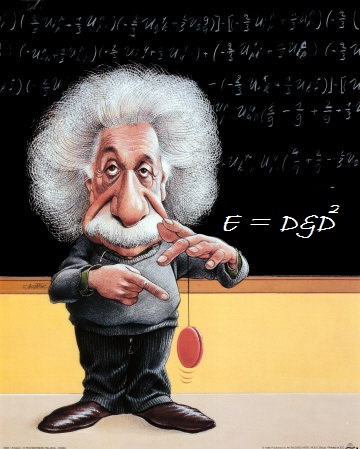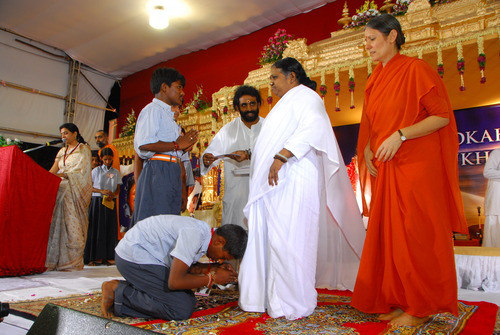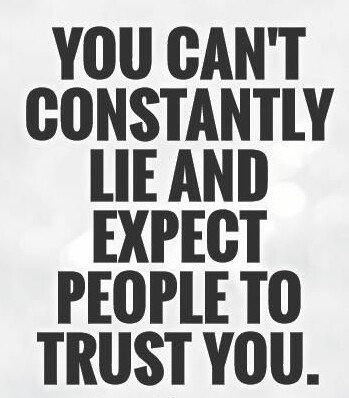
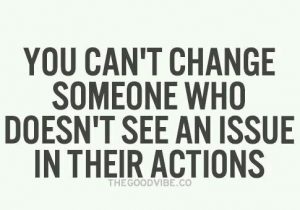 This is a hypothesis that will need to be confirmed with tests. I could also say: it’s a hunch.
This is a hypothesis that will need to be confirmed with tests. I could also say: it’s a hunch.
And my hunch is that the less trustworthy you are the less trust you have. Period.
Hah, but trust, as a verb, is transitive.
So let’s see what COULD you trust, if you did:
- 1. trust in yourself… aka self-trust.Trusting that what comes out of your mouth is the truth
Trusting that you can
Trusting that you will
Trusting that your “beliefs” are accurate
Trusting that you can meet your own expectations of yourself
Trusting that you can meet other people’s expectations
and probably a lot more.We’ll talk about “beliefs” that everyone seems to know what they me
